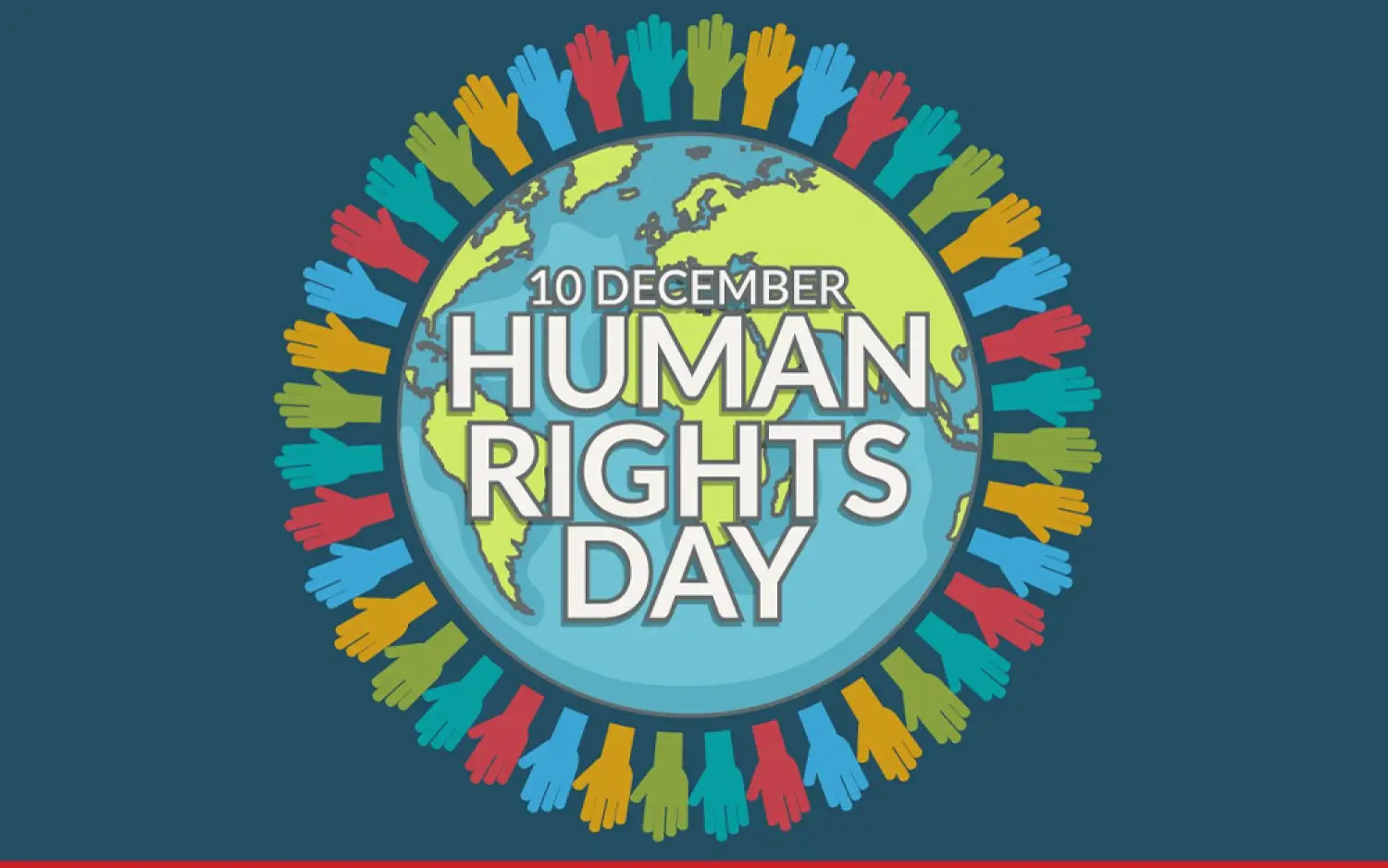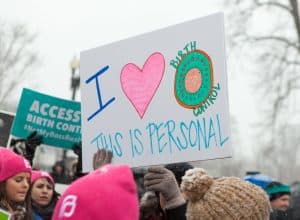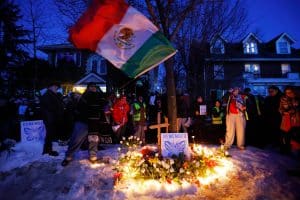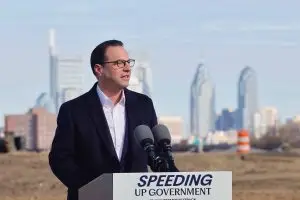Karen Tibbals’ book Persuade Don’t Preach helps us understand how our values shape our communities, our politics, our relationships, and our conflicts.
Some of the values most people share around the world are Care vs. Harm, Fairness, Authority, and Belonging. As humans, we are born with a need for belonging, a need to contribute to a society where everyone’s well-being is valued, and we care about others being harmed. By understanding and responding to the needs and suffering of others, we build empathy and create a more caring and supportive environment for everyone. We have a strong bent towards justice in our world, and when we witness an injustice, people usually want to try to right that wrong.
Today is the 76th Anniversary of the Universal Declaration of Human Rights, which shines a light on how human rights are a pathway to building a better world, one that focuses on solutions, prevention and safety – especially for those most vulnerable or whose voice gets drowned out by greed, fear and power.
The right to clean air and water, the right to be free from violence, the right of religious freedom, the right to be educated no matter your gender, race or creed, to be free of human trafficking, are some of these basic rights we try to uphold, protect and instill around the world.
I remember my first experience seeing apartheid where no Black child had safe access to clean running water or safe housing, education was sub-par, and they were suffering from lack of food. Violence was a daily event.
I also experienced places where hate towards others led to genocide in Rwanda. Too many have witnessed where hatred has led to violence for the LGBTQ+ community or immigrants, Jews, Muslims, Sikhs, people of color, and women.
What does human rights look like in a community?
If we have seen problems in our own neighborhoods, our state, our country, all around the world, then what is our role in building a better world, protecting human rights, the ability to live a life without hostility and one that honors every human being?
READ: What to Know About Transgender Day of Remembrance and Violence Against Trans People
We have many privileges in this country denied to so many around the world. The UN has taken on the responsibility, all over the globe, to protect the most vulnerable. Every community can embrace that same responsibility.
As the incoming administration picks its new leadership we are being given a snapshot of its priorities, many already projected in the blueprint called Project 2025. In reading that blueprint one must fear for the most vulnerable amongst us whose protections in the areas of education, health care, diversity and equity will be targeted. Under a generic banner of “wokeism,” the powers-to-be intend to eliminate decades of progress in the areas of civil rights and gender equality, even in our military; an effort “to make America great again” by returning to the very hurdles to equality that handicapped the principle of all created equal and our commitment to equal protection under the law.
It is more important than ever that we look at ourselves, our privilege, and muster the courage that will be needed to be allies, to be the light, to take a stand and be part of the solution. To mirror that original declaration that promised a government whose purpose was to secure the unalienable rights of life, liberty and the pursuit of happiness.
This will require human rights defenders from all quarters – politicians, civic organizations, non-profits, volunteers and peacekeepers in every capacity, including the arts, to raise and defend human rights: The painter, the sculptor, the musicians and playwrights who have always helped us to raise human consciousness.
Here is a poem by Naomi Shihab that speaks to me on this Day of Human Rights:
Kindness
Naomi Shihab Nye, 1952 –
Before you know what kindness really is
you must lose things,
feel the future dissolve in a moment
like salt in a weakened broth.
What you held in your hand,
what you counted and carefully saved,
all this must go so you know
how desolate the landscape can be
between the regions of kindness.
How you ride and ride
thinking the bus will never stop,
the passengers eating maize and chicken
will stare out the window forever.
Before you learn the tender gravity of kindness
you must travel where the Indian in a white poncho
lies dead by the side of the road.
You must see how this could be you,
how he too was someone
who journeyed through the night with plans
and the simple breath that kept him alive.Before you know kindness as the deepest thing inside,
you must know sorrow as the other deepest thing.
You must wake up with sorrow.
You must speak to it till your voice
catches the thread of all sorrows
and you see the size of the cloth.
Then it is only kindness that makes sense anymore,
only kindness that ties your shoes
and sends you out into the day to gaze at bread,
only kindness that raises its head
from the crowd of the world to say
It is I you have been looking for,
and then goes with you everywhere
like a shadow or a friend.






